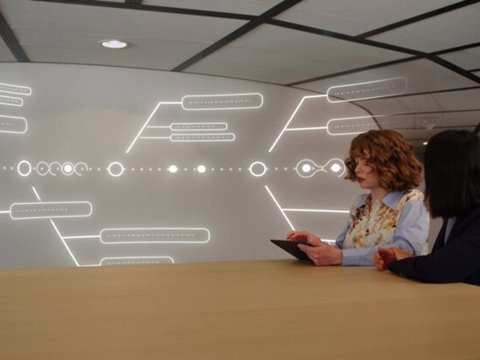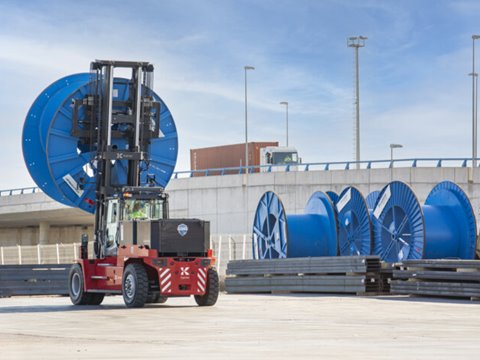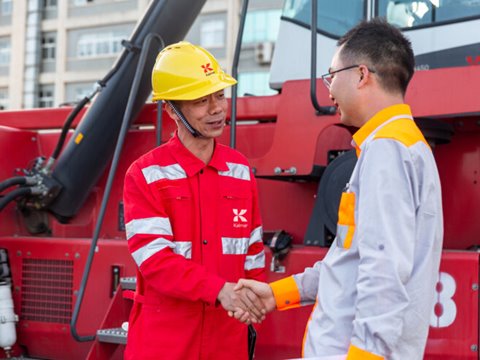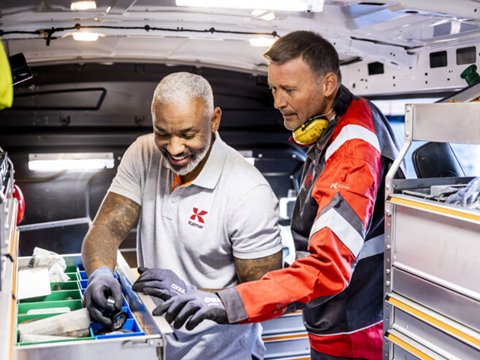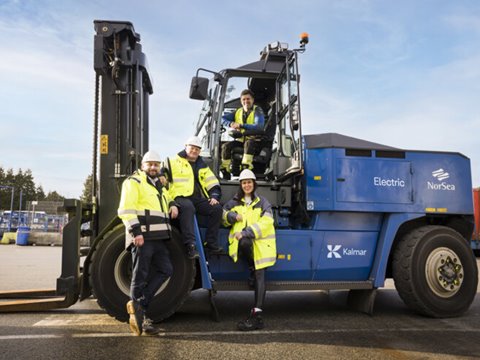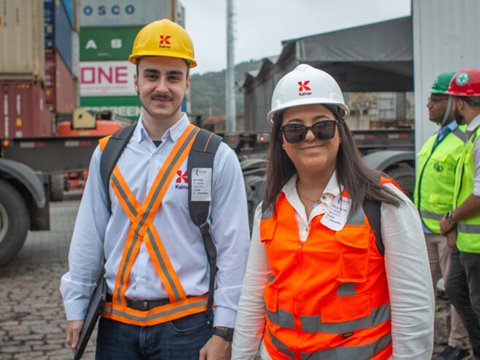
Sustainable development is a bridge to future business
The environment, economy and society are key aspects of sustainability. Sustainable development will enable us to meet our needs without preventing future generations from meeting theirs. How is the container handling industry doing today and what could we do better in the future?
In terms of the environmental aspects, we are currently seeing continuous development in the reduction of emissions from container handling equipment: Tier 4 Final diesel engine technology, hybrid engines, fully electronic and start/stop engines, as well as conversion of braking and spreader-lowering into electric power. Liquefied natural gas (LNG) offers a viable source of alternative energy.
From the material use perspective, crane refurbishment and recycling are already important parts of the business. Energy is being saved in fully automated terminals which do not need lighting at night. These are just a few examples of the progress we have made.
Where can we improve?
The general attitude to climate change and regulations is changing, with sustainability becoming a must. Forerunners view sustainability as a major business opportunity.
Recycling of non-renewable materials, limited use of renewable materials, use of renewable energy and ensuring that the materials used do not harm the ecosystem – all of these contribute to a sustainable business.
An example of an energy efficient solution was an entry in the Next Generation Container Port challenge last year, involving a proposal to use solar cells to produce energy for container port operations. In the future, ports may harness energy from the wind, waves and lightning. In addition, lossless storage of summer heat represents a fascinating opportunity. Possible forthcoming breakthroughs include the conversion of sunshine into biofuel and the development of electric vehicles enabled by the wireless transmission of energy and fast battery charging based on changeable battery liquid as an energy source.
Since many ports and terminals are located close to highly populated areas, reducing noise and light pollution will be an important aspect of future sustainability.
Automation drives sustainability
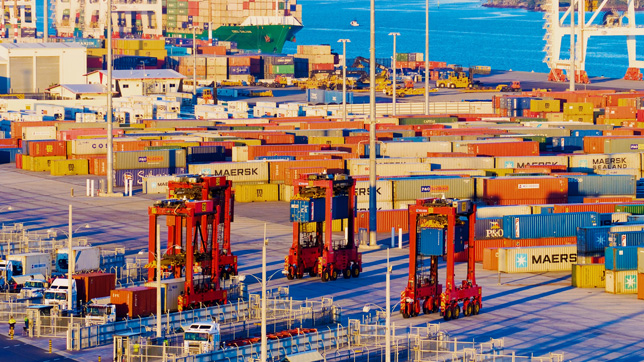
The importance to sustainability of automated terminals will increase, as advanced technology integrating terminal operating systems, terminal logistic systems and equipment information helps to optimise operations. This will make operations not only faster and safer, but also more energy efficient. Every container move that is avoided or mile that is not driven is 100% energy saving, thus having a huge sustainability impact.
Container moves will not only be optimised to aid overall port performance and maintainability, but also to assist in equipment wear and fleet energy consumption. Big data and analytics will enable a host of new opportunities which we cannot even dream about today. As the importance of data and information increases, cybersecurity will become a key element of ensuring continuous operations in sustainable business. Nanotechnology-based computing and memory technologies will help to reduce computational energy consumption.
The definition of sustainability will be more focused on the human aspects
Sustainability will increasingly be considered over entire lifecycles rather than as just one part of the value chain. Design thinking will broaden out from cost and performance optimisation to sustainable production, transport logistics, service operations, fleet operations, recycling and disposal. Meanwhile, the refurbishment and scrapping of equipment or spare parts will extend to remanufacturing, where refurbished components are used in machine assembly.
The definition of sustainability will be more focused on the human aspects; business cannot be considered sustainable unless people enjoy their work. Modern work processes and tools are an important part of this and require continuous renewal. Productive but user friendly solutions will be essential to attracting and retaining talent. People who enjoy their work are more likely to maintain their ability to work until retirement.
Sustainable Port 2060
The above, which are just the tip of the iceberg with respect to the visionary port 2060, offer clear opportunities for sustainable business. The sustainable port of 2060 will have a happy neighbourhood and employees, create zero emissions, harness the energy from sunshine and lightning, run noiseless operations, use 100% recycled materials and have zero accidents thanks to fully automated operations.
Related articles
Further reading
External resources
Subscribe and receive updates in your email
Tilaa julkaisujamme